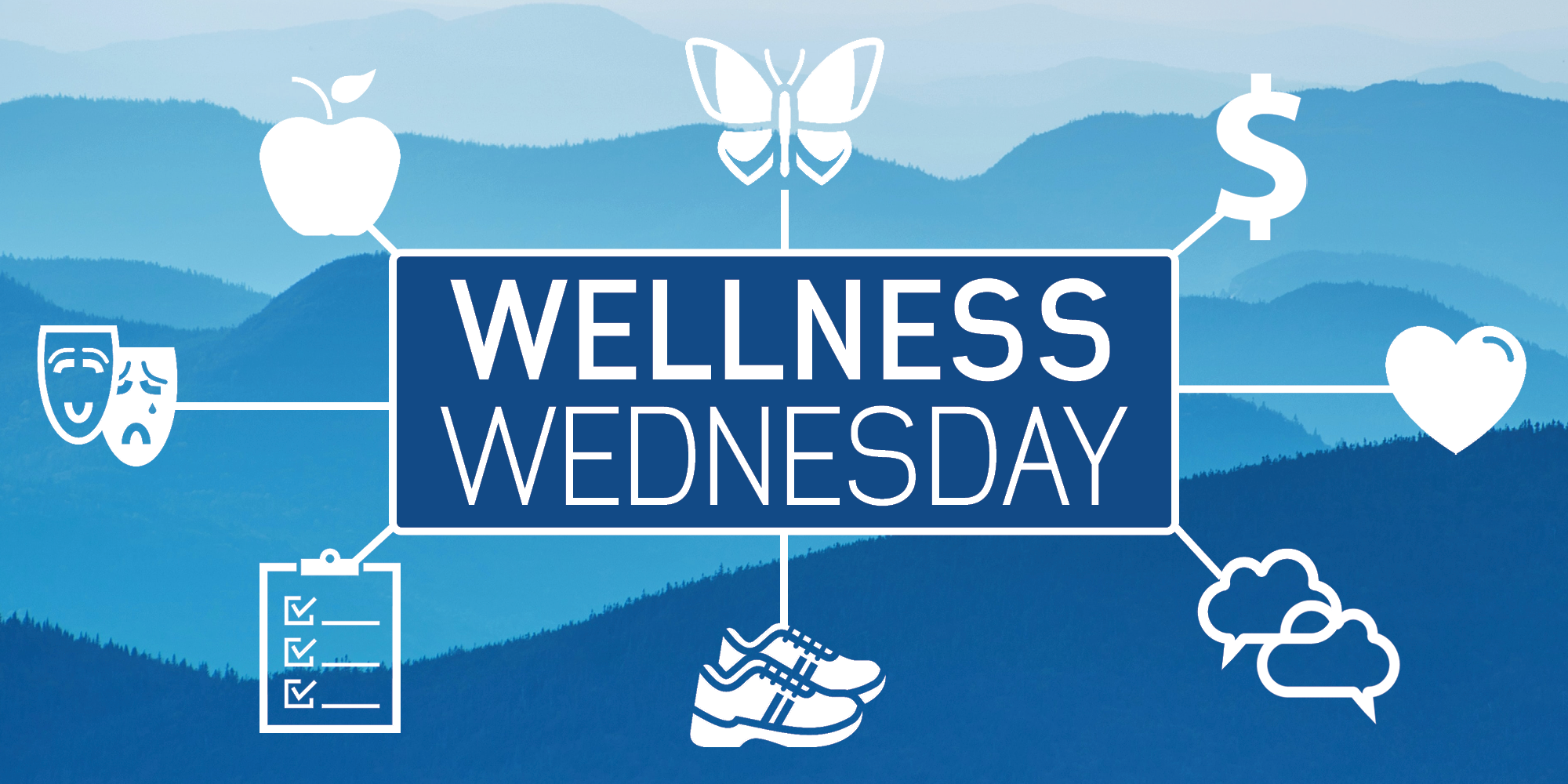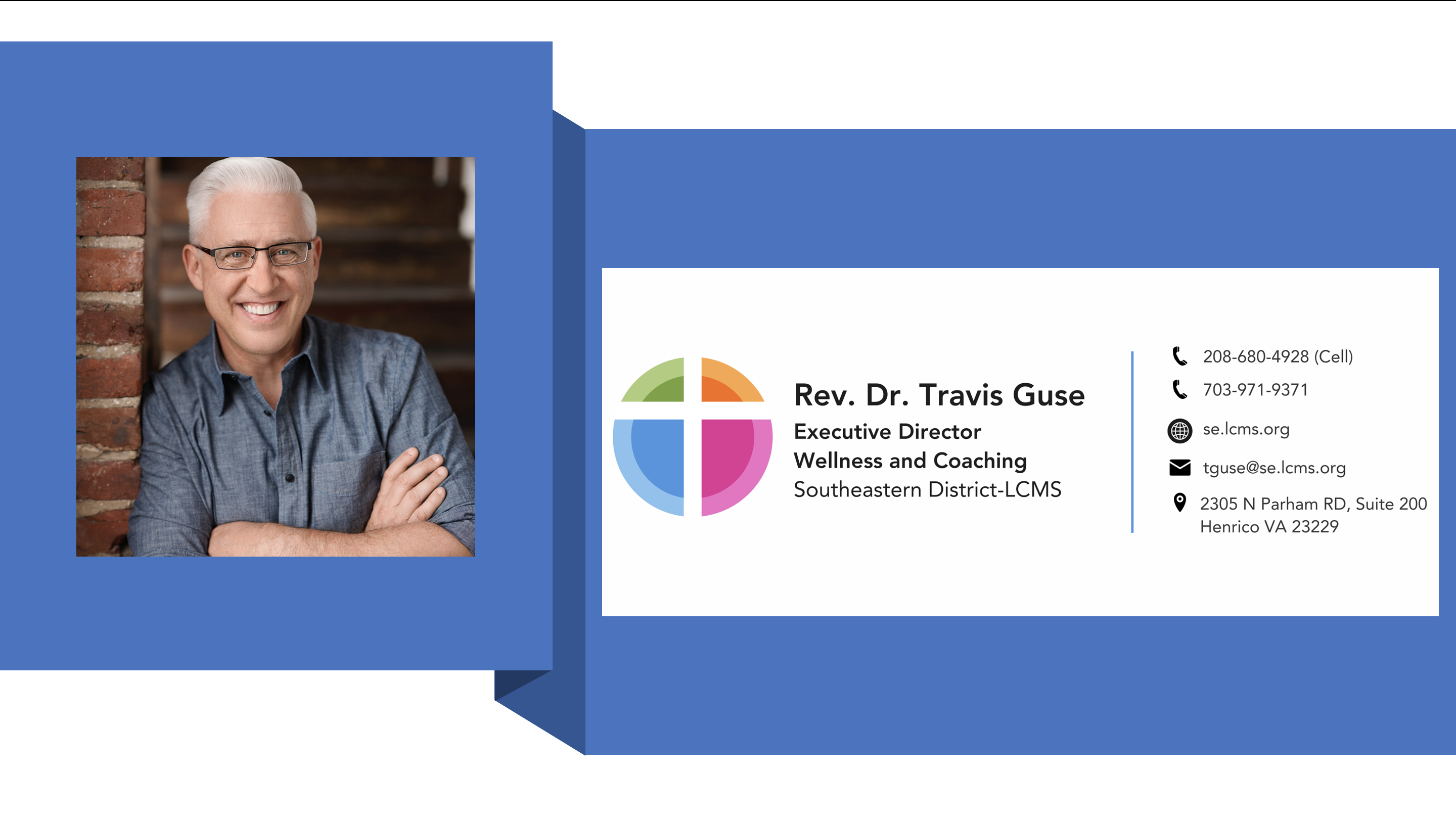
Wellness Wednesday – “The Importance Of Physical Exercise”
In this week’s Wellness Wednesday, we begin to wrap up our exploration of the PERMA-V well-being model by looking at the last letter of this acronym, “V,” which stands for “Vitality.” Vitality has to do with taking care of our physical and mental health. In previous Wellness Wednesdays, we have looked at ways to proactively address depression, getting rest, eating right, and staying hydrated. This week, I would like to consider together the importance of physical exercise.
As the saying goes, “A body in motion stays in motion.” How is your body doing? We all hit a certain point in our lives where we don’t have as much energy as we once did. As a result, it is just as easy for us to turn into a couch potato as it is to get up and stay physically fit. More than 80% of adults do not meet guidelines for both aerobic and muscle-strengthening activities.
To remain physically active, we need to be intentional in exercising. And when we do, we find great health benefits – we have more energy, and we feel better. Physical activity also reduces the risk of heart disease, high blood pressure, stroke, Type 2 diabetes, and some forms of cancer.
However, exercise doesn’t just benefit us physically but also mentally and emotionally. Aerobic exercise is like fertilizer for our brains. Getting our heart and lungs pumping renews our brains, helps us think clearer and more creatively, and can help reduce dementia by up to 80%. Exercise is also a great way to reduce stress in our lives.
So, what kind of physical activity should you consider working into your weekly wellness plan? Here are three kinds to consider:
- Any amount of moderate-to-vigorous physical activity for adults is associated with some health benefits, even if it is just sitting less throughout the day.
- For substantial health benefits, adults should do at least 150 minutes (2 hours and 30 minutes) to 300 minutes (5 hours) a week of moderate-intensity, or 75 minutes (1 hour and 15 minutes) to 150 minutes (2 hours and 30 minutes) a week of vigorous-intensity aerobic physical activity, or an equivalent combination of moderate- and vigorous-intensity aerobic activity. Preferably, aerobic activity should be spread throughout the week.
- Additional health benefits are gained by engaging in physical activity beyond the equivalent of 300 minutes (5 hours) of moderate-intensity physical activity a week.
- Whether running, walking, hiking, cycling, or swimming, you should shoot for a target heart rate of 60 to 70 percent max. Remember, your max heart rate changes as you age, so do some research before starting a new workout routine. If you run, hike, or walk, a good target is 10,000 steps per day (2008 S.G. Report)
- Adults should also do anaerobic, muscle-strengthening activities of moderate or greater intensity that involve all major muscle groups two or more days a week, as these activities provide additional health benefits. As we age, we lose muscle mass – weight lifting helps slow the pace of that muscle loss.
As you think through putting these physical exercise suggestions into action in your wellness empowerment plan, keep these thoughts in mind:
- Find something you enjoy doing – you will likely stick to it.
- Start small and build – find that small change that will create the most significant health impact.
- Remember, if you can’t do your whole workout that you had planned due to time and schedule, that something is better than nothing.
- Find accountability partners who can help you with support and encouragement in your physical wellness goals.
- Do you need help turning your health and wellness goals regarding physical exercise into reality? If so, contact me for more information regarding engaging one of our wellness coaches here in the SED Coaching Network – you don’t have to do it alone!
Finally, what is the theological rationale for focusing on your physical health and wellness? Martin Luther, in his work “Concerning Christian Liberty,” said, “It is the part of the Christian to take care of his own body for the very purpose that, by its soundness and well-being, he may be enabled to labor, and to acquire and preserve prosperity, for the aid of those who are in want, that thus the stronger member may serve the weaker members, and we may be children of God, thoughtful and busy for one another, bearing one another’s burdens, and so fulfilling the law of Christ.” Yes, working out is for your own health and benefit. However, it is also your vocational responsibility to exercise for your neighbors’ benefit, for when you are physically healthy, you are better able to love and serve your neighbors in your various callings in life.
